Spell 1: June 2013 - May 2015. Spell 2: June 2021 - present
Italian Carlo Ancelotti replaced Jose Mourinho as Real Madrid boss in the summer of 2013 with Zinedine Zidane (more on him later) on his coaching staff.
With world-record signing Gareth Bale in the team, Ancelotti led Real to 'La Decima' - their 10th European Cup or Champions League. They also won the Copa del Rey.
The next season they went on a 22-game club-record winning run - and scored 118 La Liga goals - but only won the Fifa Club World Cup and Uefa Super Cup.
Ancelotti was sacked despite winning four trophies in two seasons, with points hauls of 87 and 92 not enough to win La Liga.
To the surprise of nearly everyone, including Everton, Real Madrid brought him back in 2021 after 18 months in charge at Goodison Park - replacing Zidane as manager.
Ancelotti's second spell at Real has gone better than his first, winning two more Champions Leagues, two La Liga titles, plus a Copa del Rey and other bits and pieces in three and a half years.
In November, Real president Florentino Perez was reportedly considering sacking him again. In December, he became the most successful manager in the club's history with a 15th trophy. Classic Real Madrid.
League stats
Spell 1: Games 76; Win ratio 75%; Points per game 2.36
Spell 2: Games 133; Win ratio 69.2%; Points per game 2.27 (ongoing)
Verdict: Success
 blogpay
blogpay

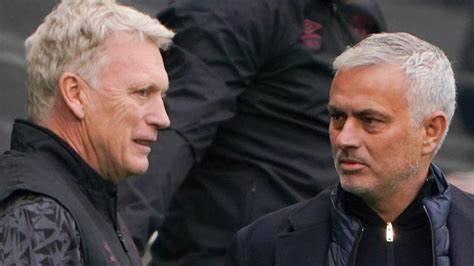
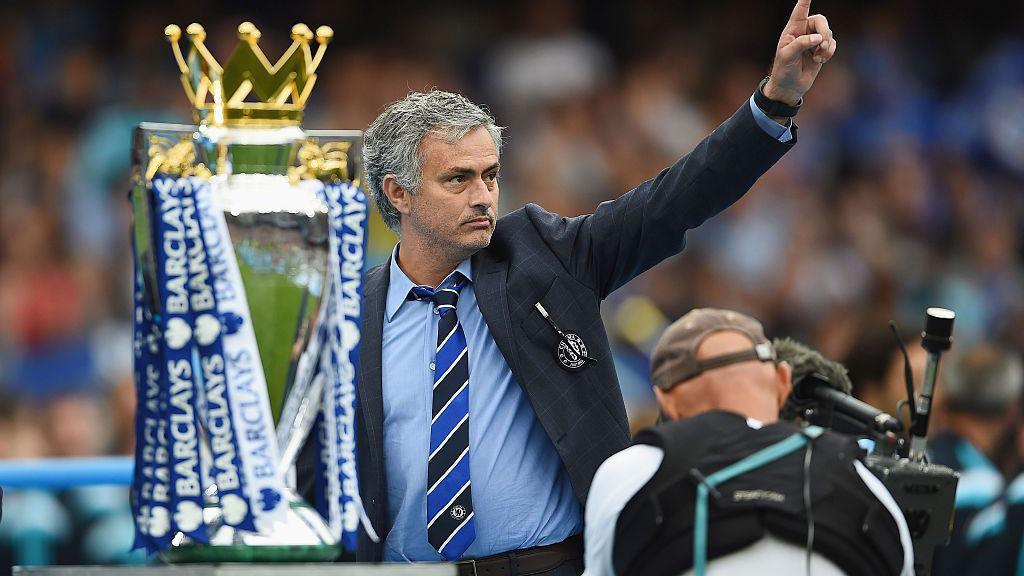
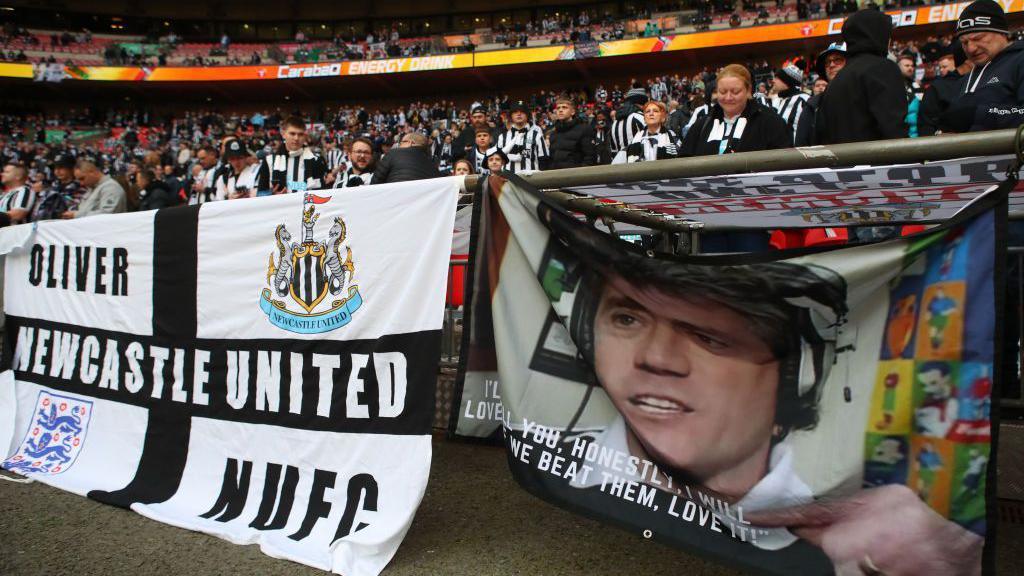

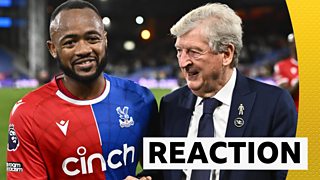
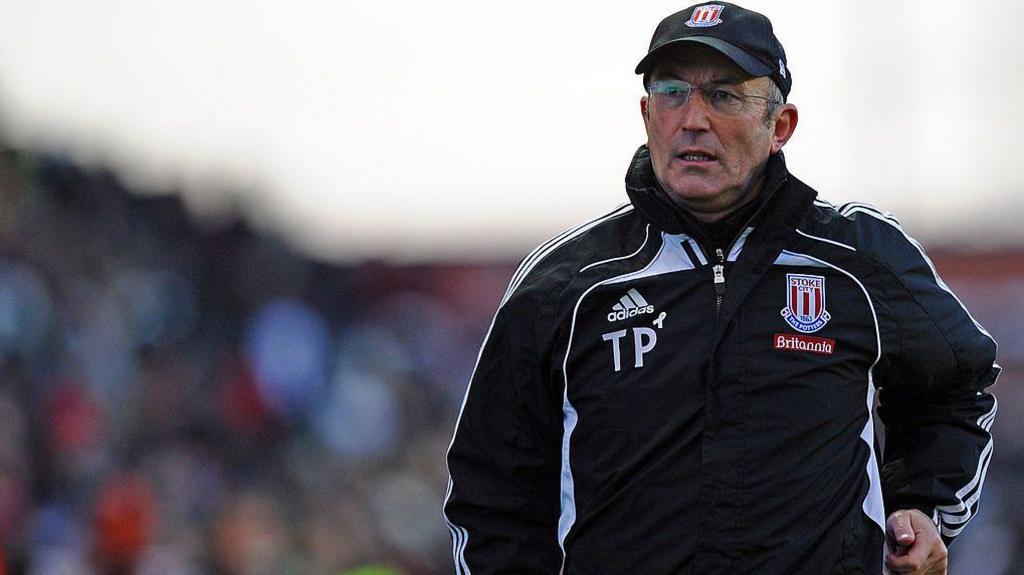
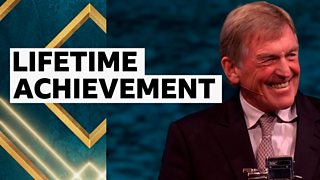
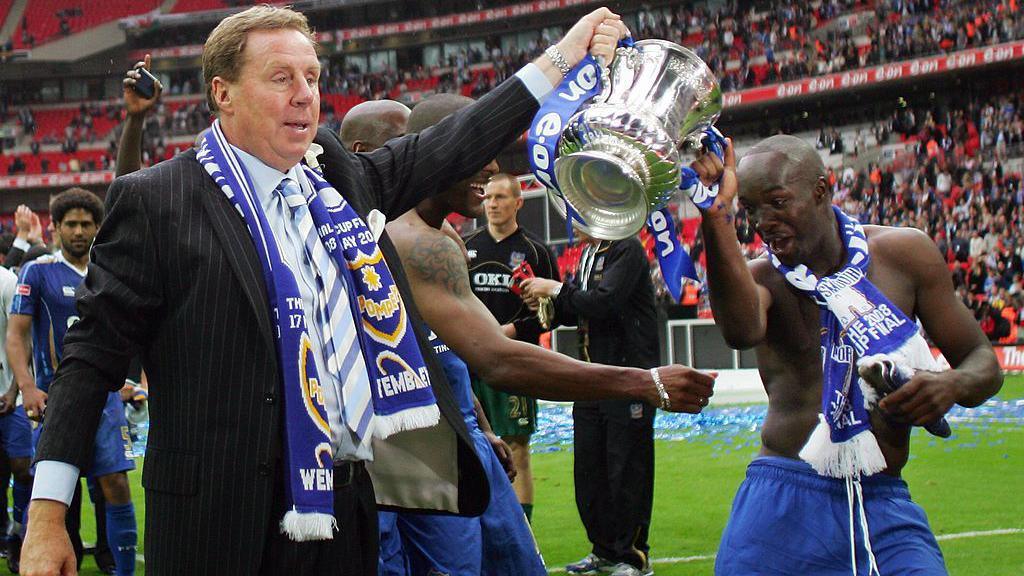
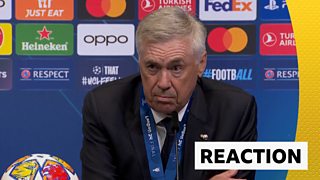
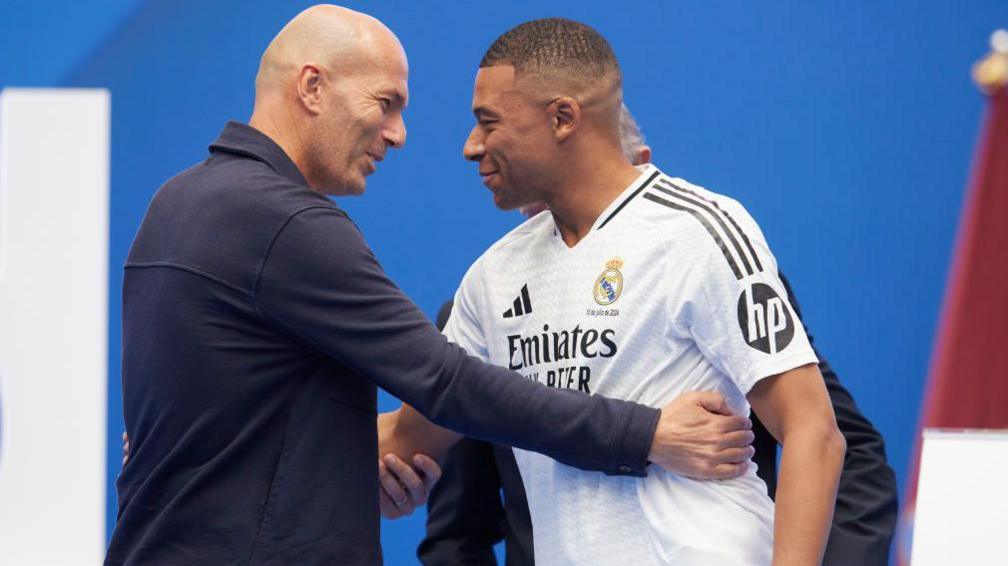
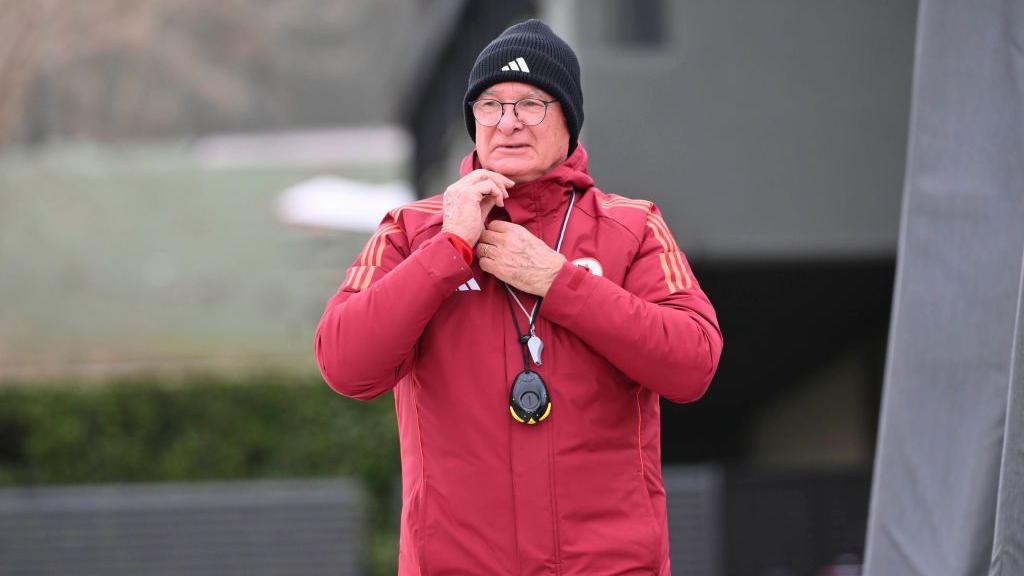
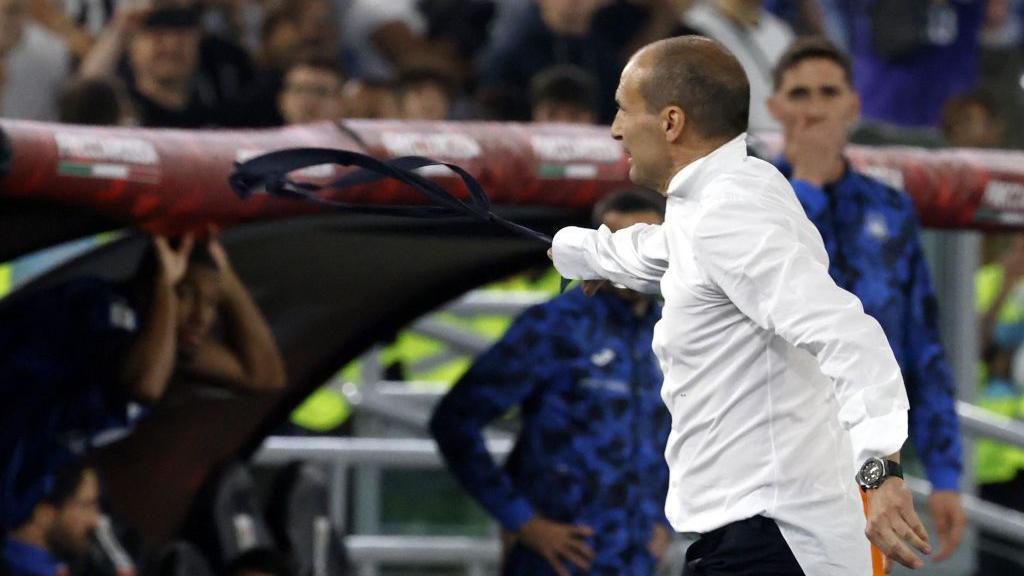


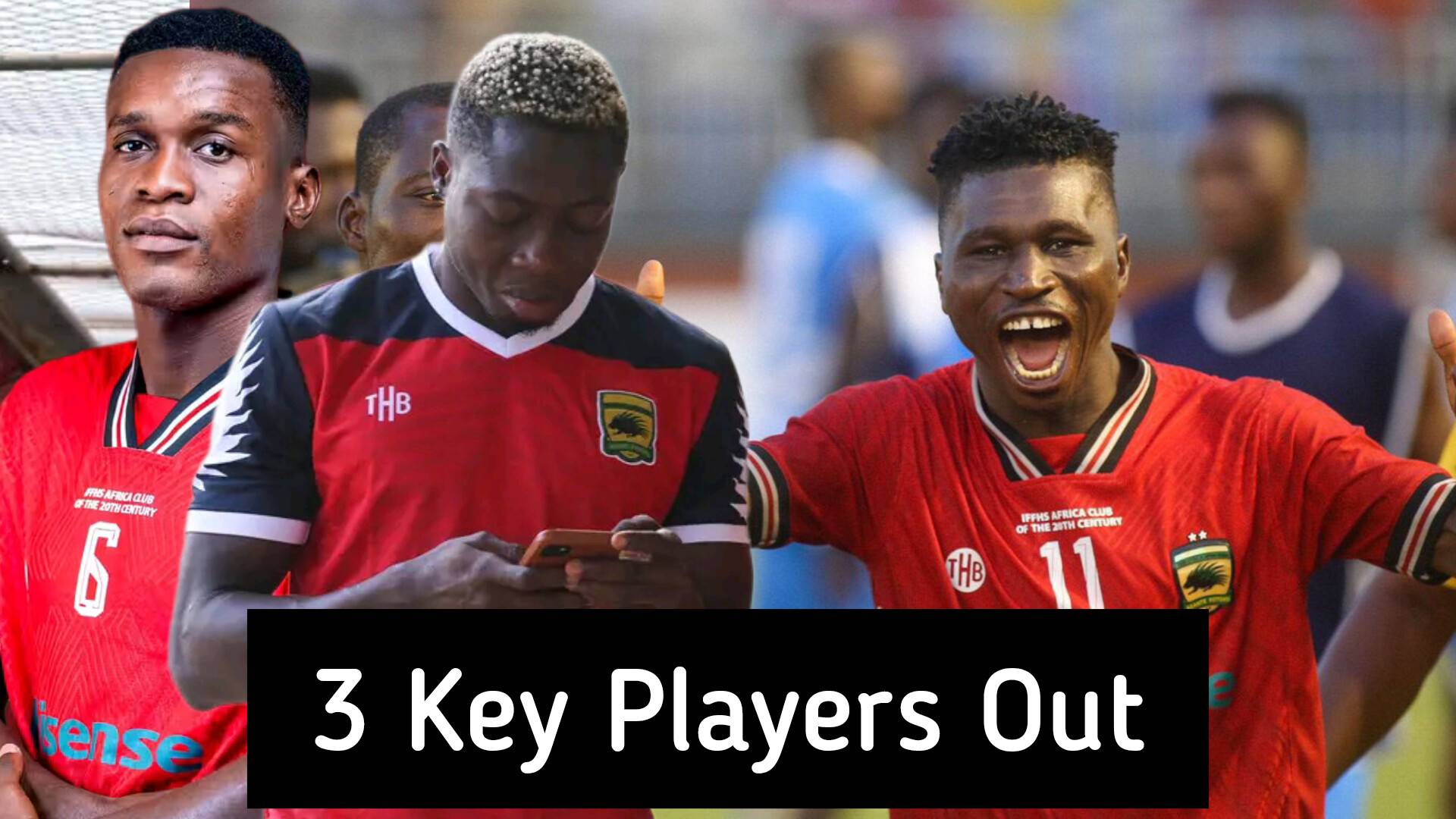
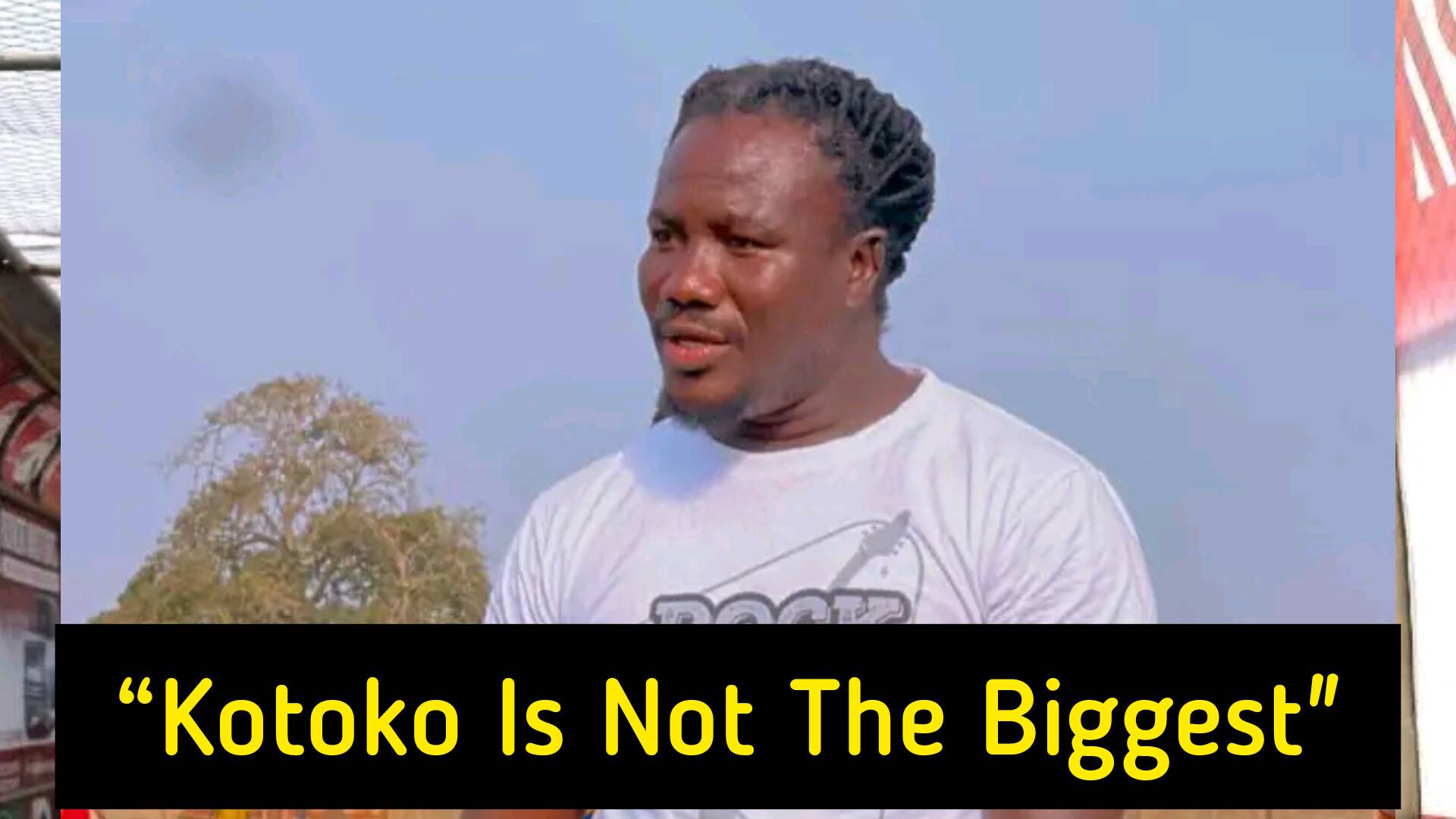
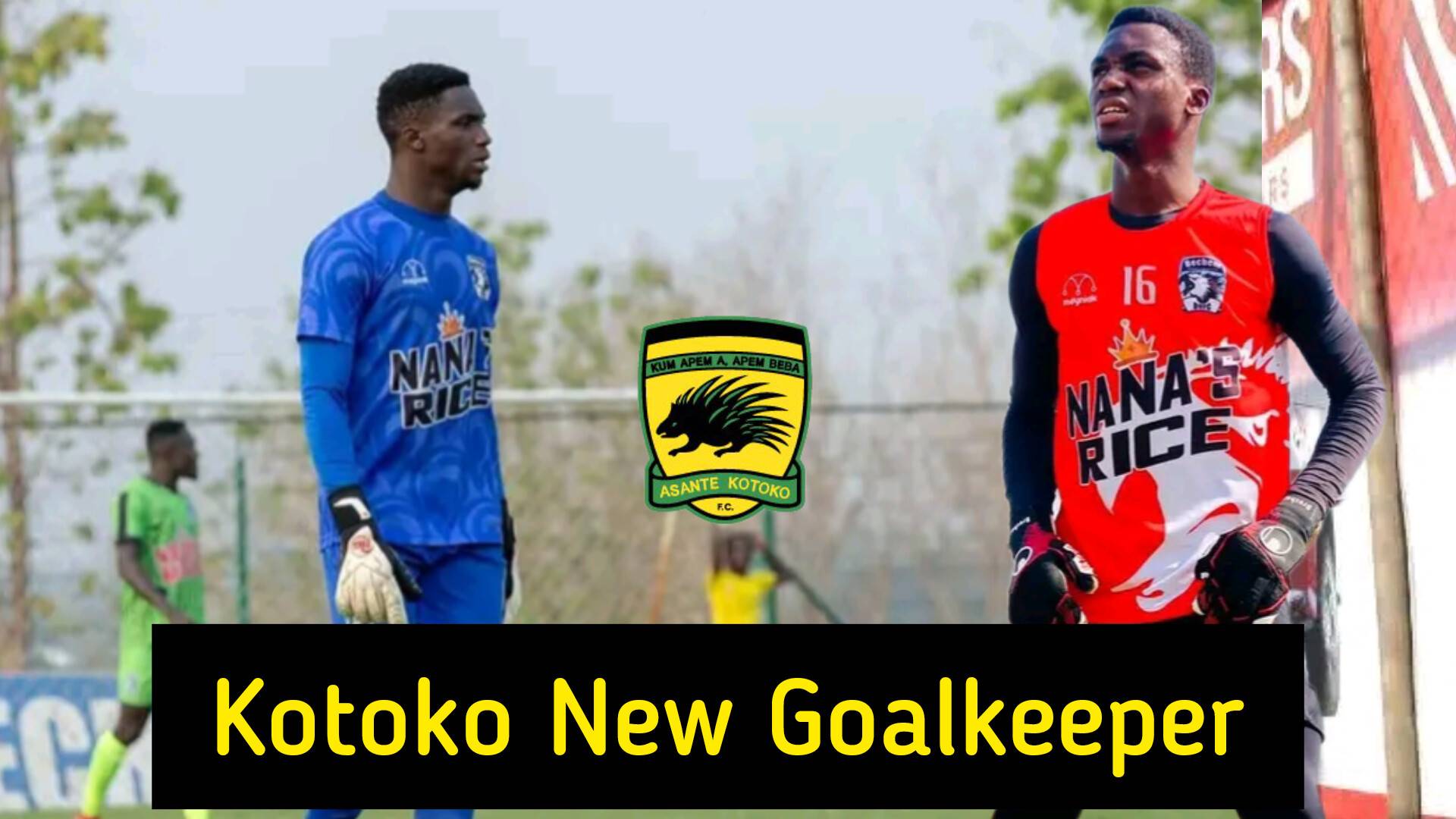

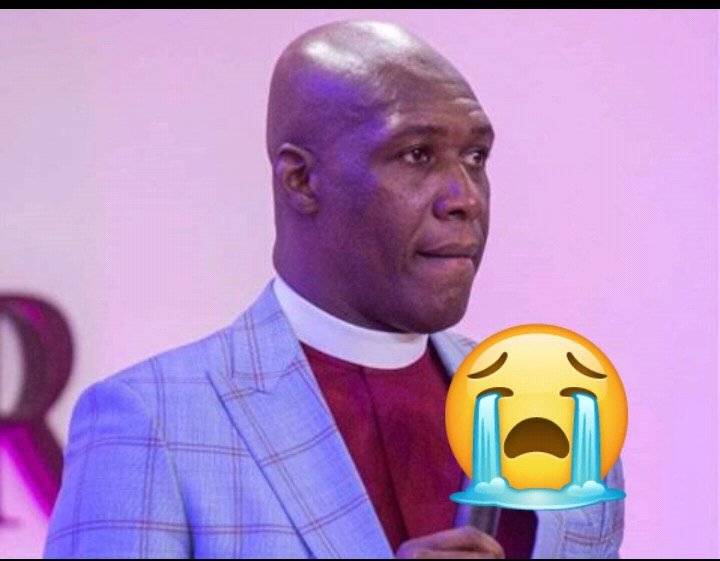


Total Comments: 0